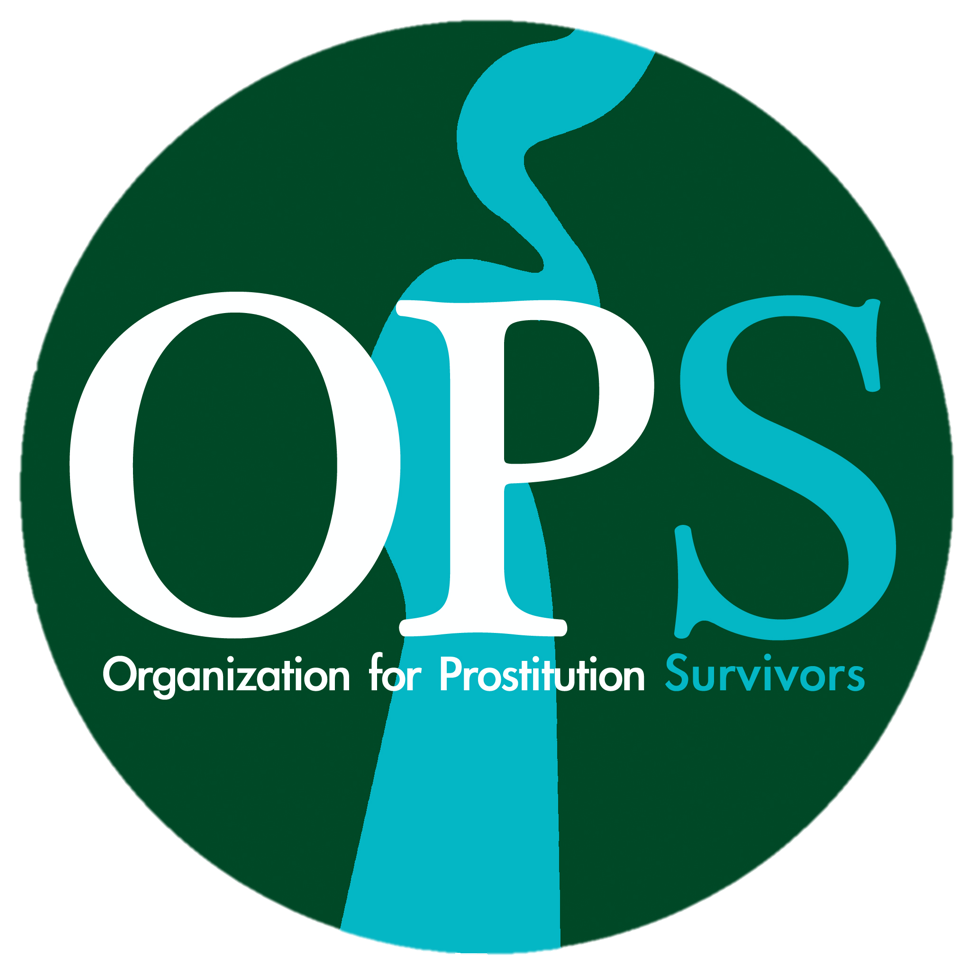Harmful Patterns of the Savior Complex in Commercial Sexual Exploitation
At the Organization for Prostitution Survivors (OPS), we continually confront various challenges that inhibit healing and perpetuate harm within the community of those affected by commercial sexual exploitation (CSE).
A recurring issue is the influence of the savior complex exhibited by some individuals and organizations. While the intent to help is often genuine, the repercussions of a savior complex can be detrimental, impacting both the individuals providing aid and those they aim to support.
Understanding the Savior Complex & Recognizing Harmful Dynamics
The savior complex manifests as a deep-seated urge to rescue others by solving their challenges. Admirable though their intentions might be the savior complex can cause significant harm by obstructing true empowerment.
By assuming they can transform someone’s life drastically, individuals might foster a sense of superiority and inadvertently disempower those they wish to help. It's crucial to understand that change is a personal journey and that empowerment comes from supporting individuals in finding their own paths to recovery.
Self-Salvation: The Core of Survivor Recovery
Critical to our philosophy at OPS is the recognition that survivors are the architects of their own healing. While support systems and survivor-led programs provide essential resources, the drive and determination to heal and thrive come from within the survivor.
Signs of a Savior Complex
It is important to self-reflect and identify any savior tendencies one might harbor:
Valuing oneself solely based on the ability to assist others.
Neglecting personal health and boundaries in the pursuit of helping others.
Viewing aid as a primary life purpose.
Drawing toward vulnerability with a desire to alter it.
Constantly striving to fix problems irrespective of self-cost.
Transforming Savior Tendencies
Transformation begins with self-awareness. Here are some ways to adjust these inclinations constructively:
Practice Active Listening: Focus on understanding experiences rather than immediately solving problems.
Respect Autonomy: Allow others the space to request help, emphasizing their right to lead their recovery.
Set Healthy Boundaries: Balancing support for others with self-care is essential.
Encourage Self-Empowerment: Support others in recognizing their strengths and capabilities, aiding them in informed decision-making.
On the Receiving End of a Savior Complex
If you find yourself dealing with someone exhibiting a savior complex, maintain clear boundaries and assert your autonomy:
Communicate Needs Clearly: Express your preference to manage challenges independently, highlighting the importance of personal empowerment.
Lead by Example: Show how self-compassion and proactive coping can foster personal growth.
Advocate for Professional Support: Recommend therapy or counselling as constructive avenues for support.
Empowering the Survivor Voice
At OPS, we place immense value in survivor-led initiatives. Over 80% of our team comprises individuals who have lived through the experiences of the sex trade. Their insights are invaluable in crafting effective interventions and in steering the broader societal conversation toward substantive, survivor-focused solutions.
We are steadfast in our belief that dignity and respect are fundamental rights for everyone. By centering our efforts around the voices and needs of survivors, we cultivate a nurturing and inclusive environment conducive to meaningful change.
Together, with resilience and unity, we can foster a world where every individual is free from the shadows of exploitation and empowered to lead a life of their choosing.

